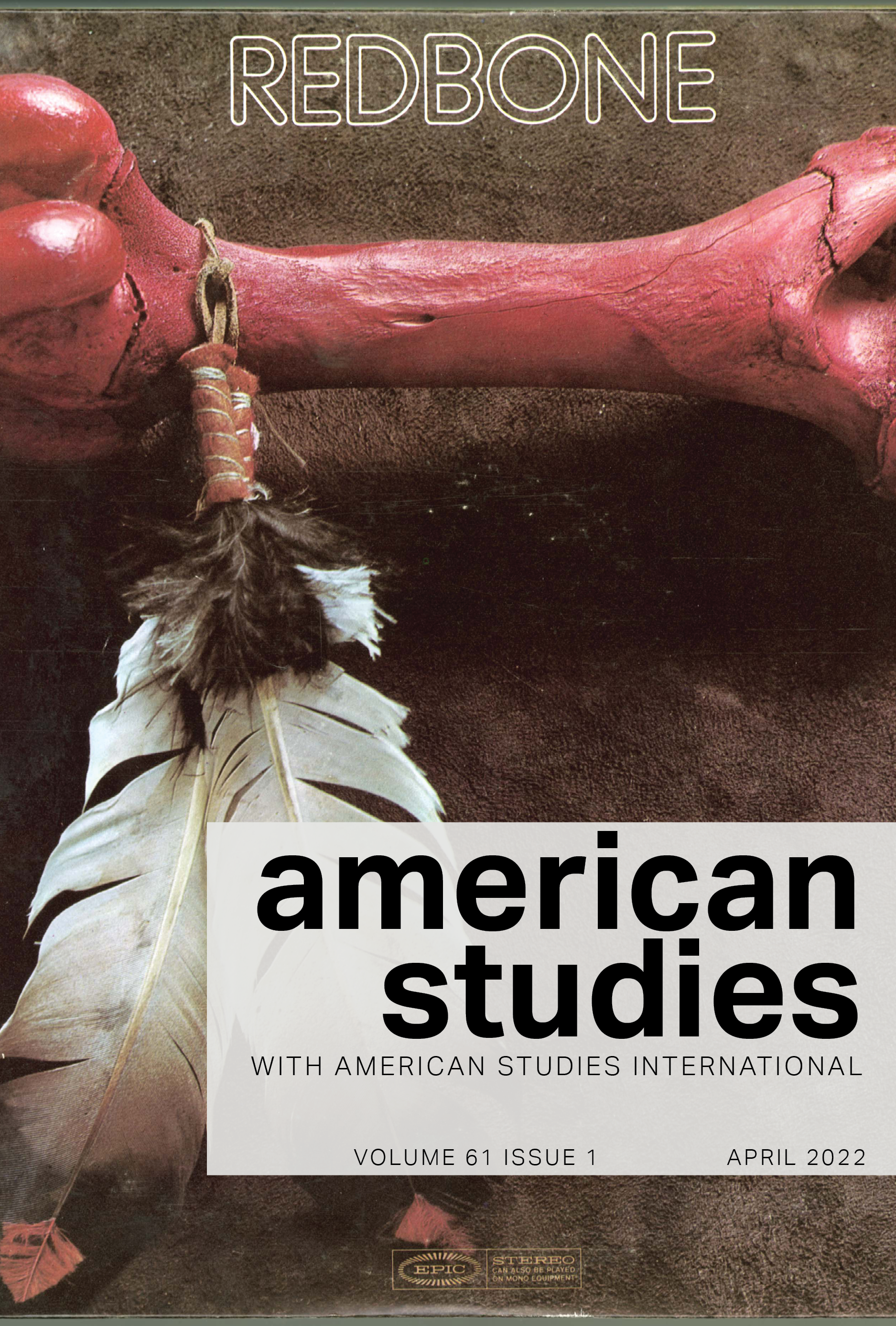Abstract
The article reads Thomas Paine’s Common Sense (1776) as a compromised articulation of revolutionary ideology. It argues that Paine conceives the revolutionary collective as a wider subjectivity in accordance to the eighteenth-century’s notion of "the man of feeling," a man possessed of a refined sensibility raised above crude sense. In doing so, Paine’s radical phenomenology anticipates Alexander Hamilton’s insistence that matters of state conciliate a sentient and sensible citizenry primed to accept a transcendent form of political authority. Though politically at odds, Paine and Hamilton recognized the value and danger of grounding politics on the body’s capacity to affect and be affected. A wary Paine sought to neutralize the radical implications of grounding revolution on sensation by shading sense into feeling and insurgency into sovereignty.
All items © Mid-America American Studies Association
Authors: If you prefer to remove your text(s) from this database please contact the editor.

